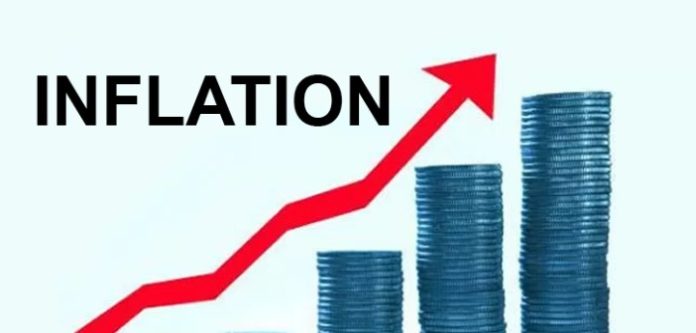The general prices of goods and services in the country fell by 0.4 percentage points to 9 percent, the lowest ever recorded since January 2013 when the rate hit 8.8 percent, making a strong case for the Bank of Ghana to further cut its policy rate.
The fall, according to the statistical service, can be attributed to a decline in the rates of both food and non-food baskets. The rate in the food and non-alcoholic basket group fell by 0.7 percentage points to 8 percent from the previous month; whereas the non-food basket’s rate saw a decline of 0.3 percentage points to 9.5.
If the trend continues, it will provide room for the central bank to further cut the policy rate, as inflationary pressures determine, to a large extent, the policy rate direction of the economy; giving space for banks to also reduce interest rates to encourage lending for the private sector.
Governor of the Bank of Ghana, Dr. Ernest Addison, underscored this when the bank cut the policy rate by 100 basis points to 16 percent in January.
“The Committee also noted that inflation has steadily declined: from 15.4 percent at the end of 2016 to 11.8 percent in 2017, and further down to 9.4 percent in 2018 – supported in large part by non-food inflation. The Bank’s latest forecast shows that inflation will remain within the target band of 8±2 percent over the forecast horizon, barring any unanticipated shocks.
“The Committee noted that immediate risks to the disinflation path are well-contained, and the current conditions provide scope to translate some of the gains in macro stability to the economy. Under the circumstances, the Committee decided to reduce the policy rate by 100 basis points to 16 percent,” he said at a press conference in Accra.
Details of the GSS data show that prices of imported items continue to record a higher inflation rate than the locally-produced ones, mostly due to depreciation of the local cedi against major trading currencies, particularly the dollar.
The cedi has depreciated by more than 10 percent since January 2018 to date. The cedi is currently trading at GH¢5.24 to a dollar compared to GH¢4.43 in February 2018.
Analysts have warned that government should tackle the problem with a long-term approach rather than the short-term measures it has always adopted.
“There is excess demand over supply for forex. And what is causing this is that our imports continue to be a challenge; we tend to import quite a lot.
“A sustainable way of managing the exchange rate is to export more value-added products, not raw materials. We have to add value to all things we export, like cocoa, gold, etc., before they are exported,” Professor of economics at the University of Ghana, Peter Quartey, told the B&FT in an earlier interview.
Another analyst that supports this argument is Professor John Gatsi, who is Head of the Department of Finance at the University of Cape Coast.
“Even though we may explain this with some factors such as performance of the US dollar, the point is that most countries trade with the US dollar but their currencies are not depreciating the way the cedi is. We need to deal with the factors we have control over; and after we have done so, then we will see international developments having minimal effects on our economy.
“It [addressing the cedi depreciation] should be targetted toward sustainable food production and dealing with key imports that we have the ability to produce. But it seems we are not managing the agriculture sector as part of the policies to address depreciation of the currency,” he said.





